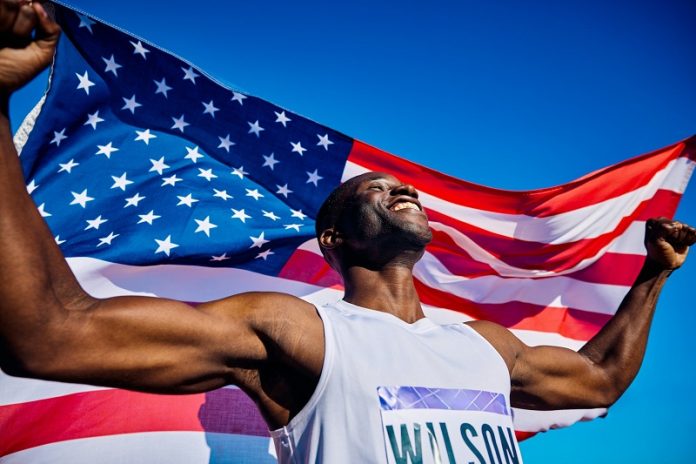
Throughout the 2024 Olympic Games in Paris, Team U.S. continues to bring home the gold. Watching their success, many of us wonder, “Could I ever achieve that?”
To answer this, we spoke to Benjamin Burke, a doctoral fellow at the University of Kentucky College of Medicine.
Burke works in the lab of Dr. John J. McCarthy, focusing on how exercise, aging, and inactivity affect muscle mass.
What makes Olympians different?
There are many factors that set elite athletes apart from the rest of us.
These include muscular, neural, cardiovascular, respiratory, skeletal, and endocrine components.
Psychological factors like motivation and discipline, as well as environmental factors such as training, nutrition, and cultural support, are also crucial.
In short, some people have the physical attributes, some have the mental toughness, and some have the right opportunities. Elite athletes tend to have all these factors working together.
Our muscles are incredibly adaptable. They change based on the activities we do regularly. For example, lifting weights makes muscles bigger and stronger over time.
This adaptation happens at the cellular level. Muscle fibers can change their metabolism, protein content, and force production in response to exercise or lack of activity.
Olympians spend years training intensely, so their muscles are finely tuned for their specific sport. Depending on what their sport requires, their muscles might become better at using certain nutrients, producing more force, or performing precise movements.
Genetics also play a role. Some people are naturally inclined to have muscles better suited for endurance, while others are built for strength. Muscle fibers can be categorized into types, like type I (better for endurance) and type II (better for strength). Athletes in sports requiring endurance, like marathon running, have different muscle compositions than those in power sports, like weightlifting.
The age-old question of nature versus nurture applies here. Both genetics and training are essential for becoming an elite athlete.
Even with rigorous training, someone without the right genetic predisposition may not reach elite levels. Conversely, someone with natural talent who doesn’t train properly will also fall short.
Certain people are genetically predisposed to excel in specific sports due to their muscle fiber composition, tendon attachments, and other factors. Training can enhance these natural abilities, but both elements are needed to reach the top.
Injury prevention and rehabilitation are also crucial. Many talented athletes have had their careers cut short due to injuries. Proper care and recovery are essential for sustaining high performance.
Becoming an elite athlete typically requires years or even decades of dedicated training. Olympians often train full-time, integrating their sport into every aspect of their lives. However, there are exceptions.
For instance, Tara Lipinski won an Olympic gold medal in figure skating at just 15 years old, outshining athletes who had trained longer than she had been alive.
Aside from physical factors, mental strength and psychological readiness are vital. The mindset of elite athletes can significantly impact their physical performance.
For example, Eddie Hall, the former World’s Strongest Man, broke the deadlift world record in 2016 by lifting 500kg (1,102lbs), a feat he had never achieved in training. His mental preparation, including working with a hypnotist, helped him perform this incredible lift.
In summary, elite athletes are a unique combination of genetics, rigorous training, and mental fortitude. They have found ways to maximize their performance, making for spectacular displays of human capability every four years at the Olympics. While most of us may not reach Olympic levels, understanding what sets these athletes apart can inspire us to pursue our own best performance in whatever we do.
If you care about wellness, please read studies about how ultra-processed foods and red meat influence your longevity, and why seafood may boost healthy aging.
For more health information, please see recent studies about the power of pickle juice ,and time-restricted eating: a simple way to fight aging and cancer.



